Jeff Bezos, the founder of Blue Origin, recently unveiled an advanced free-flying space camera, designed for autonomous operation in orbit. The demonstration, however, left audiences intrigued by a peculiar spinning glass element, sparking widespread curiosity about its function and purpose. This reveal is a testament to Bezos’ ongoing push in space technology.
Bezos’ Demonstration of the Space Camera
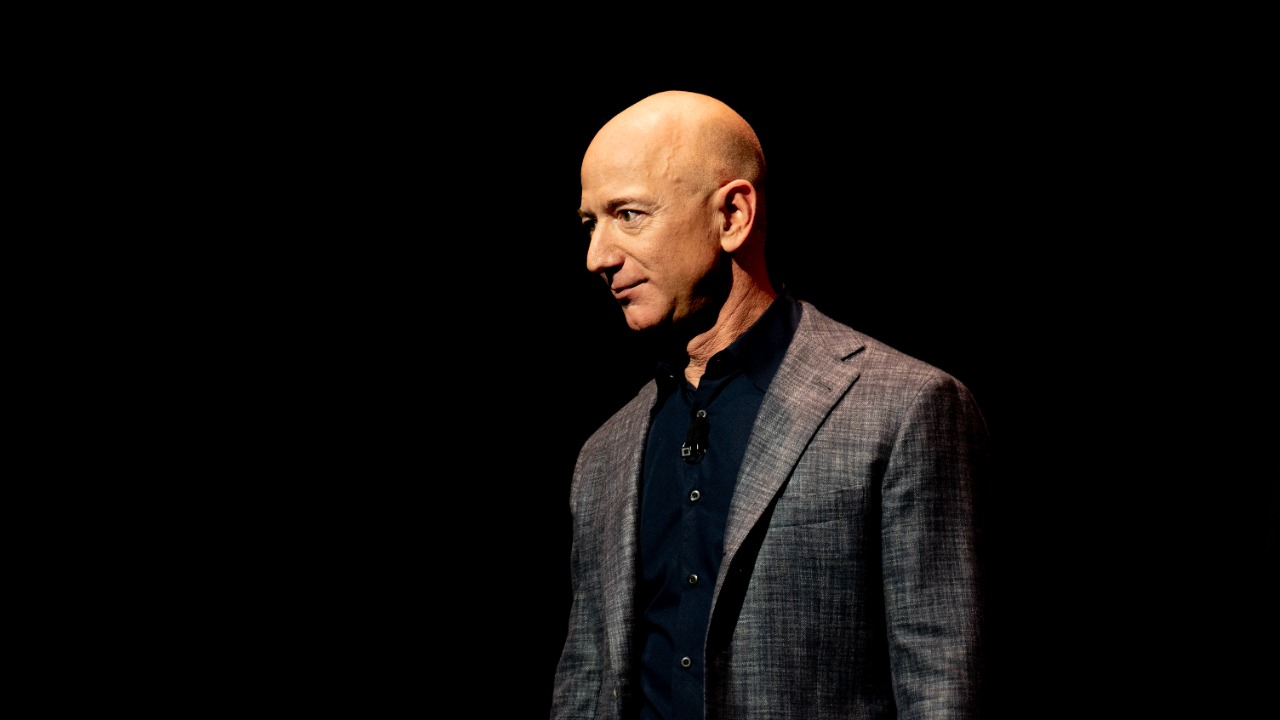
During a public event, Bezos personally presented the free-flying space camera, emphasizing its ability to navigate and capture footage without human intervention. The camera, designed specifically for space environments, boasts a lightweight construction and a propulsion system that enables free flight in zero gravity. Bezos described the camera as “amazing,” focusing on its potential to revolutionize in-space imaging and documentation.source
The Free-Flying Mechanism Explained
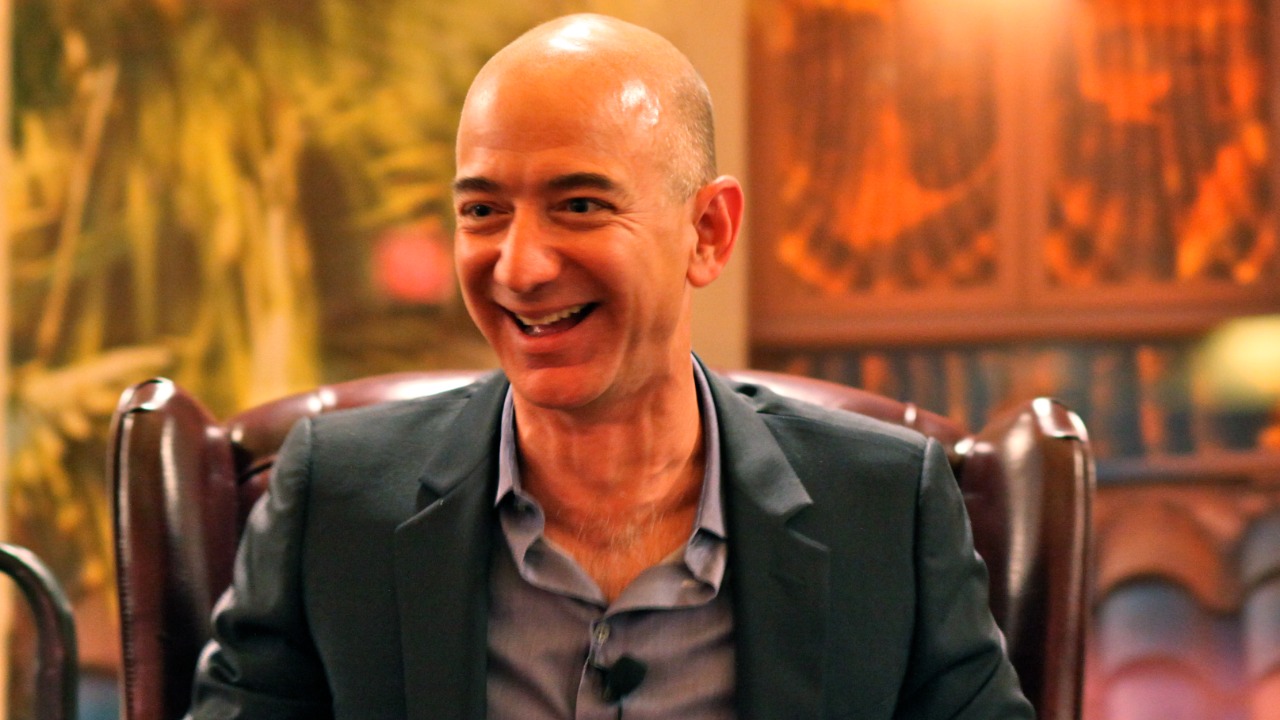
The autonomous navigation features of the camera include onboard AI for obstacle avoidance and stable positioning during missions. The camera is designed to integrate with Blue Origin’s existing spacecraft, allowing it to deploy and operate independently during launches or orbital activities. It is equipped with high-resolution sensors and has the capability for real-time data transmission back to Earth control centers.source
Unveiling the Spinning Glass Component
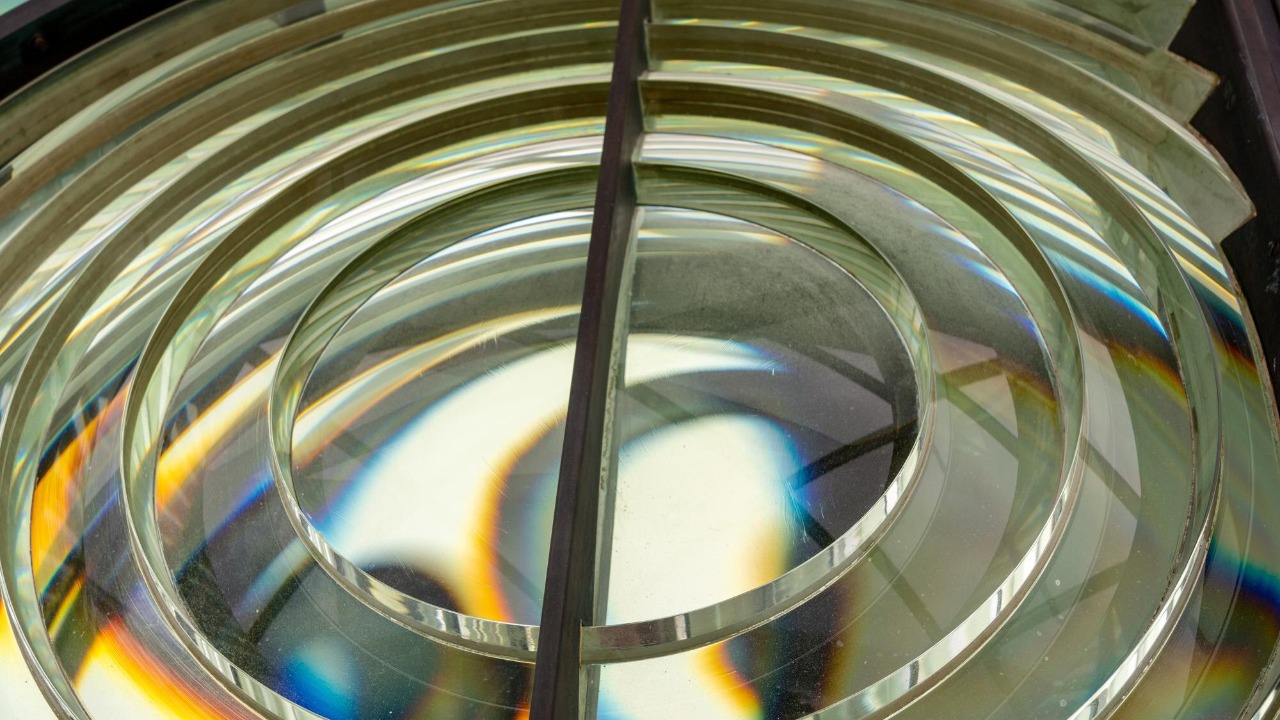
The demonstration footage revealed a visible spinning glass element, which rapidly rotates and appears integral to the camera’s structure. The potential purposes for the spinning glass could include stabilizing the camera’s optics or generating power through gyroscopic effects in space. However, the exact function remains a mystery as Bezos did not fully disclose details, leading to speculation about proprietary technology.source
Public and Expert Reactions

The camera’s reveal and the intriguing spinning twist have generated a global “wow” factor from social media and tech communities. Space industry experts have praised the innovation’s potential for future missions, while questioning the role of the spinning glass. Comparisons have been drawn to similar tech from competitors like SpaceX, positioning Bezos’ camera as a competitive advancement.source
Blue Origin’s Role in the Development
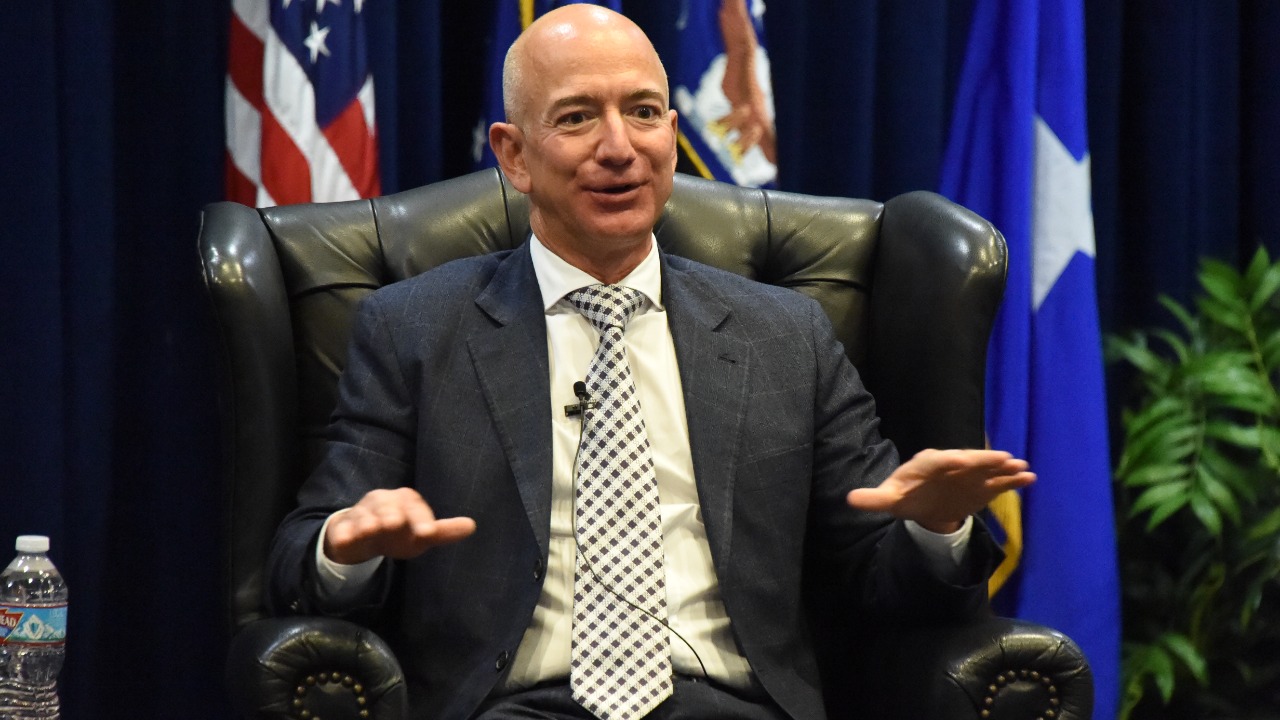
Blue Origin has been instrumental in engineering the free-flying camera, tying it to their broader New Shepard and orbital projects. The spinning glass fits into Blue Origin’s focus on sustainable space hardware, possibly as a durable, low-maintenance component. Bezos envisions the camera enhancing crewed missions by providing dynamic, unmanned perspectives.source
Future Applications and Speculations
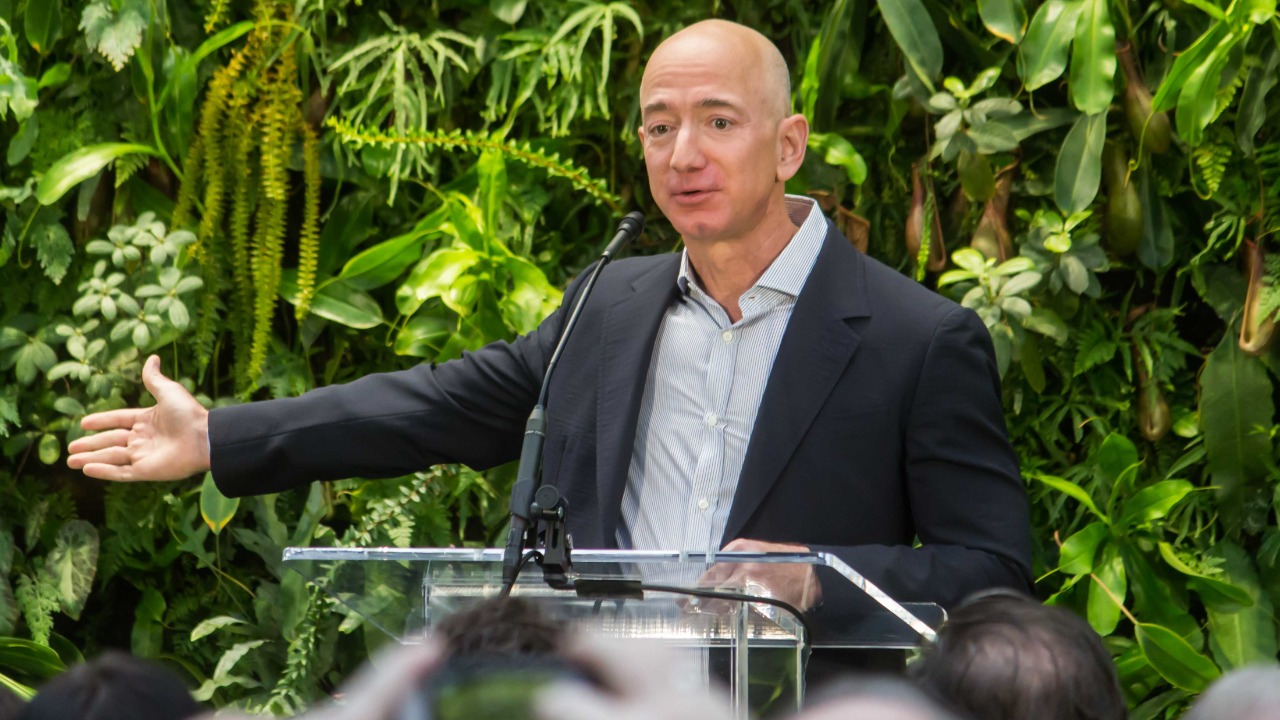
The camera is planned for use in upcoming Blue Origin flights, including documentation of lunar landings or satellite deployments. The spinning glass’s broader implications could include applications in astronomy or Earth observation, based on its demonstrated stability. However, ongoing mysteries and anticipated follow-up announcements from Bezos regarding full technical disclosures keep the tech world on its toes.source